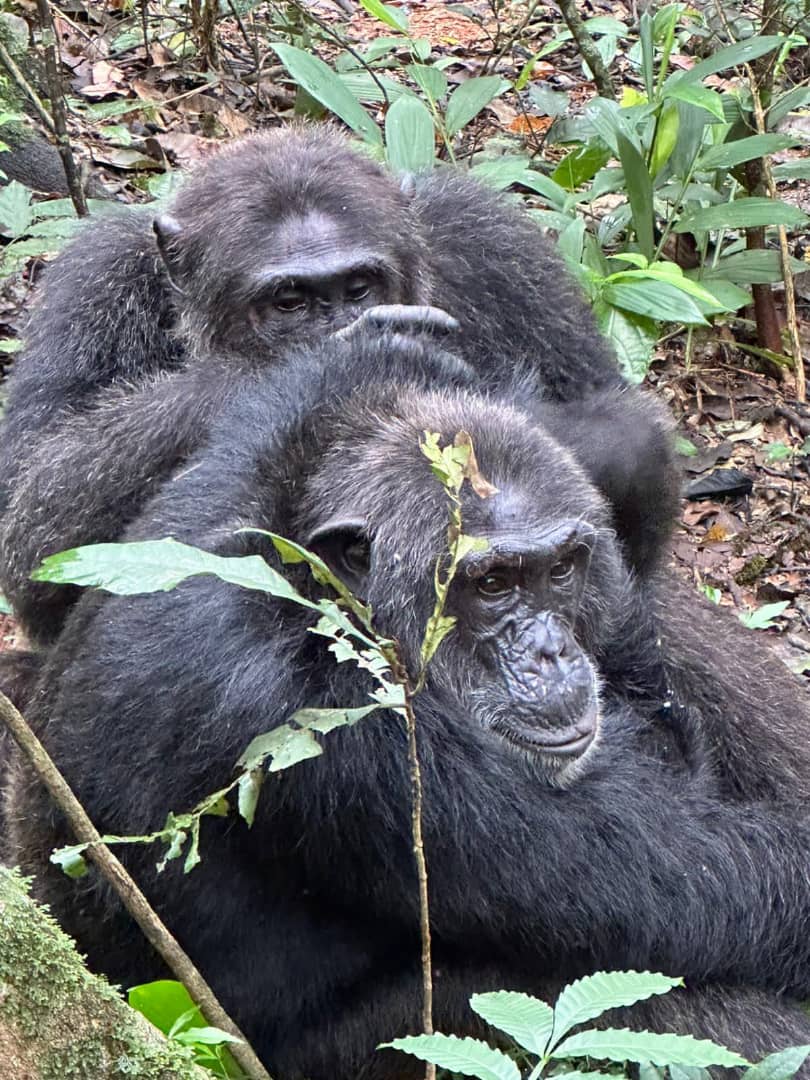Exploring Rwanda’s Volcanoes National Park: Understanding the Lack of Gorilla Habitation Experience
Nestled in the heart of Africa lies Rwanda’s Volcanoes National Park, a place of unparalleled natural beauty and biodiversity. Home to majestic mountain gorillas, this park draws wildlife enthusiasts and conservationists alike. However, despite the park’s rich biodiversity, there is a notable absence of gorilla habitation experiences. In this blog, we delve into the reasons behind this absence and explore the broader context of gorilla conservation efforts in Rwanda.
Understanding Gorilla Conservation in Rwanda:
Rwanda has long been at the forefront of gorilla conservation efforts. The country’s commitment to protecting these endangered primates has led to significant successes in recent decades. Through stringent conservation measures and community engagement initiatives, Rwanda has seen an increase in gorilla populations within its national parks, particularly in Volcanoes National Park.
Challenges of Gorilla Habitation Experiences:
While gorilla trekking is a popular activity in Volcanoes National Park, offering tourists the opportunity to observe these magnificent creatures in their natural habitat, the concept of gorilla habitation experiences presents unique challenges. Unlike other wildlife encounters, such as safari tours, gorillas are highly sensitive animals that require a controlled environment to ensure their safety and well-being.
Environmental Impact:
One of the primary reasons for the absence of gorilla habitation experiences in Volcanoes National Park is the potential environmental impact. Introducing gorillas to new habitats or exposing them to increased human interaction could disrupt their natural behaviors and habitat dynamics. Conservationists prioritize minimizing human interference to preserve the delicate balance of the ecosystem.
Ethical Considerations:
Furthermore, there are ethical considerations surrounding the idea of gorilla habitation experiences. While it may seem appealing to offer tourists the chance to interact closely with gorillas, it raises questions about the welfare of the animals and the potential for exploitation. Conservation efforts prioritize the protection of gorillas and their natural habitats, ensuring their long-term survival.
Alternative Conservation Strategies:
Instead of focusing on habitation experiences, conservationists in Rwanda have implemented alternative strategies to support gorilla conservation. These efforts include community-based tourism initiatives, habitat restoration projects, and educational programs aimed at raising awareness about the importance of gorilla conservation. By engaging local communities and empowering them to become stewards of their natural resources, Rwanda continues to make strides in gorilla conservation.
Conclusion:
While the absence of gorilla habitation experiences may disappoint some visitors to Volcanoes National Park, it underscores Rwanda’s dedication to responsible and sustainable conservation practices. By prioritizing the welfare of gorillas and their natural habitats, Rwanda sets an example for wildlife conservation efforts worldwide. Visitors to the park can still experience the wonder of gorilla trekking while contributing to the ongoing preservation of these magnificent creatures for generations to come.

